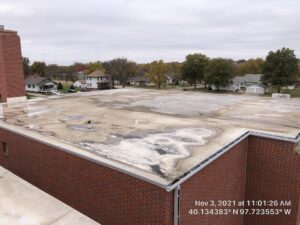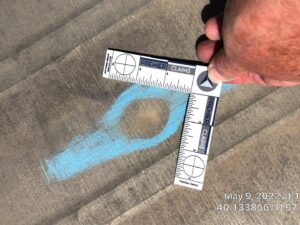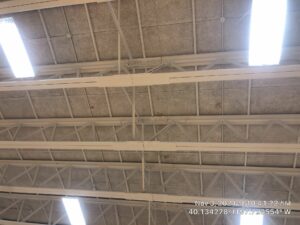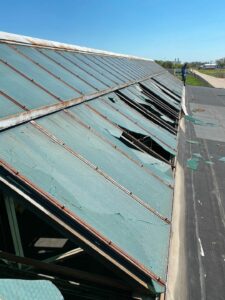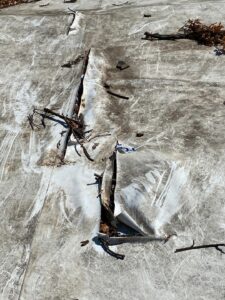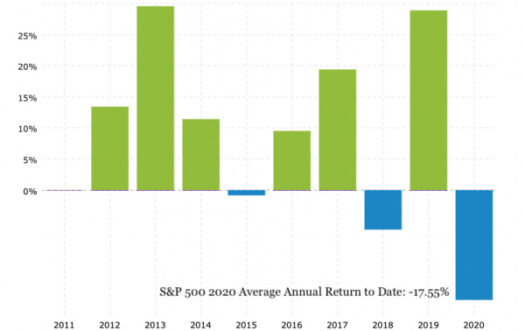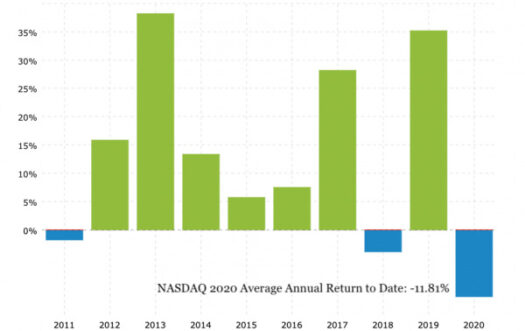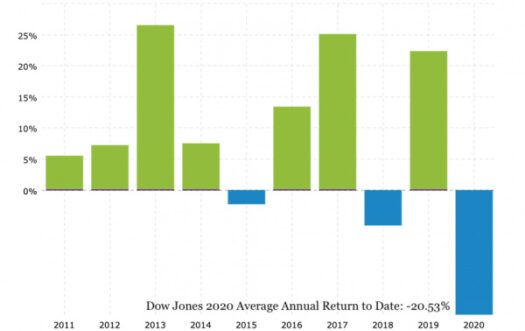Understanding your insurance policy can be daunting, especially when faced with complex terms like “recoverable depreciation.” For numerous policyholders, this idea might seem unfamiliar. Yet, it’s crucial for both Replacement Cost Value (RCV) and Actual Cash Value (ACV) policies. In this guide, we’ll cover recoverable depreciation, differentiate RCV from ACV, clarify payment timing for recoverable depreciation, and share key info every policyholder should grasp about it.
What is Recoverable Depreciation?
This term is often overlooked but vital in the insurance claim process. To fully understand this concept, let’s break down what it entails: Recoverable Depreciation refers to the difference between the Replacement Cost Value and the Actual Cash Value of a damaged item. The policyholder can “recover” the insurance carrier’s withheld amount after documenting repairs. Certain policies don’t pay non-recoverable depreciation to the policyholder. Understanding whether your policy includes recoverable or non-recoverable depreciation is vital when filing a claim.
Calculating Recoverable Depreciation
Understanding how to calculate Recoverable Depreciation can help policyholders gain insight into the amount they can reclaim.
- Determine the Replacement Cost Value (RCV): This is the total cost of replacing or restoring the damage with a similar quality and type. A licensed and experienced public adjuster, estimator or contractor are all professionals that can determine the replacement cost value of damage to your property based on current costs of labor and materials.
- Find the Recoverable Depreciation: The Recoverable Depreciation is the difference between the RCV and ACV. Traditionally, depreciation is calculated based on the item or the product’s useful life. For example, say you purchase a washer & dryer for $2,100 with an estimated useful life of 15 years. By dividing the total cost at the time of purchase ($2,100) by the estimated lifespan (15 years), it would determine the washer & dryer to depreciate by $140 each year. Therefore, if after 5 years the laundry units ACV would be $1,400 (5 years x $140 = $700 in depreciation over five years. The initial purchase price $2,100 minus the $700 in depreciation = $1,400). However, this is just a very general example. When it comes to property damage and filing an insurance claim, each insurance carrier, circumstance, and loss are unique, and the calculation of depreciation may vary.
- Calculate the Actual Cash Value (ACV): This involves determining the RCV and then subtracting the depreciation based on age, wear and tear, or other factors. Thus, Actual Cash Value (ACV) = Replacement Cost Value (RCV) – Depreciation.
Impact of Inflation
Inflation is an often-overlooked factor that can significantly impact Recoverable Depreciation. As the general price level of goods and services rises over time, the cost of replacing or repairing damaged property can also increase. This inflationary effect results in the Replacement Cost Value (RCV) of an item being potentially higher today than when the policy was purchased or just a few years ago. Therefore, if we calculate Recoverable Depreciation using outdated cost estimates, it might not accurately represent today’s market’s actual replacement cost. Policyholders should be aware of this dynamic and consider working with insurance professionals who actively monitor inflation trends and update valuations accordingly. Understanding and accounting for inflation in the calculation of Recoverable Depreciation ensures a more accurate and fair settlement, aligning the claim payout with the real-world costs of repair or replacement.
RCV vs. ACV: What’s the Difference?
Replacement Cost Value (RCV)
Replacement Cost Value (RCV) policies cover the cost of replacing damaged or lost property without deducting depreciation. In other words, if an item is destroyed, the insurance company pays the cost to replace it with a brand-new item of like kind and quality.
-
- Pros: Can fully cover the costs of replacing or repairing damaged property.
- Cons: Typically comes with a higher premium.
Actual Cash Value (ACV)
Actual Cash Value (ACV) policies, on the other hand, take into account depreciation. The insurance company will pay for the cost to replace the item, minus a deduction for the wear and tear or aging of the item. Essentially, ACV pays for what the item was worth at the time of the loss.
-
- Pros: Generally offers lower premiums.
- Cons: May result in out-of-pocket expenses if the depreciated value doesn’t cover the full replacement cost.
When Does the Policyholder Receive Payment for Recoverable Depreciation?
- Initial Payout: After a claim is approved, the insurance carrier usually pays the ACV first, holding back the recoverable depreciation.
- Final Payout: Insurance companies generally pay recoverable depreciation after completing repairs or replacements and providing proper documentation.
Factors Affecting Payment
The quality of repairs, the timeliness of completion, and compliance with policy terms.
How to Claim Recoverable Depreciation
Policyholders with a Replacement Cost Value (RCV) policy must actively reclaim recoverable depreciation. This process involves carefully following a series of coordinated steps to ensure they receive the full entitled amount. This process is not just about understanding the numbers but also knowing how to navigate the insurance claim procedures and documentation requirements. Below are the general steps to reclaim recoverable depreciation; however, if you’re unsure of the requirements within your policy to reclaim recoverable depreciation, get your policy reviewed by our team of legal experts.
- Complete Repairs: Work with a licensed contractor to ensure quality repairs.
- Submit Documentation: Provide invoices and other necessary documents to your insurance company.
- Follow-up: Regularly check with the insurance carrier to ensure the process is on track.
- Consult Professionals if Needed: If issues arise, consider seeking professional help.
The Importance of Recoverable Depreciation for Policyholders and Insurance Carriers
Recoverable depreciation is more than just an insurance term; it’s a critical component that directly impacts a policyholder’s claim payout. Understanding this aspect is crucial for policyholders, ensuring a fair settlement that matches repair or replacement costs. Meanwhile, insurance carriers employ recoverable depreciation to align claim payments with real-world expenses and prevent overpayment.
Why Does It Matter to Policyholders?
-
- Financial Planning: Helps understand potential out-of-pocket costs.
- Claim Recovery: Knowing how to claim recoverable depreciation ensures that policyholders receive what they’re entitled to.
- Informed Decision Making: Helps in selecting the right insurance policy that suits individual needs.
Why Do Insurance Carriers Use It?
-
- Prevents Overpayment: By paying only the ACV initially, insurers avoid overpayment if policyholders opt not to repair or replace the damaged item.
- Encourages Proper Restoration: Recoverable Depreciation motivates policyholders to complete repairs or replacements to reclaim the withheld depreciation.
- Aligns with Actual Costs: It ensures that payments align with actual costs, providing a fair system for both parties.
Common Misconceptions
-
- It’s Automatically Paid: Some policyholders mistakenly believe it receives an automatic payout without fully understanding the conditions.
- No Time Limit: There might be time constraints that require completing repairs within a specific period.
- All Policies Include It: Not all policies include recoverable depreciation; it depends on the type of policy and insurer.
Recoverable depreciation is more than just an insurance jargon; it’s an essential part of many insurance policies that can have significant financial implications. Whether you hold an RCV or ACV policy, comprehending the operation of recoverable depreciation and its payment timing can empower you to navigate the intricate insurance landscape with confidence. Gaining awareness enables you to make well-informed choices tailored to your unique circumstances and to secure the entitlements you deserve. Always consult with an insurance professional to understand your unique circumstances fully.


